Does your Grandma go picking fights with wild boars?
Parenting (Page 7)
He didn’t expect anything for helping dear ol’ Dad with some yard work, but what he got as a thank-you wasn’t what he was expecting either!
Some of the best short stories from Japanese online hangout 2Channel were recently turned into a manga by a very talented artist, with one tale in particular hitting netizens right in the heart.
With one of the lowest birth rates in the world, activists in Singapore are using clever advertising campaigns and humor to try to trigger a baby boom.
As shocking as it may sound to a Westerner’s ears, some Japanese kids continue bathing with their parents up until high school. It turns out, though, that doing so may have a positive impact on their grades.
After reading this adorable comic, you may never be able to look at the humble koala in the same way ever again–but you’ll love them even more!
Japan’s public transportation network gets high marks for its punctuality and cleanliness. Not every ride on the rails is a pleasant one, though, because some lowlifes called chikan use the crowded conditions on commuter trains as cover to grope unsuspecting women.
Now, one high schooler and her mother have had enough, so they’ve started a crowdfunding campaign to design and distribute what ae essentially “Don’t touch!” signs for women to wear while taking the train.
It’s time for another fun survey from anime informational website Charapedia!
The site recently asked 10,000 of its users to share their top picks for the top 20 manga/anime series that they would like to show to their children. If you think that the results are full of fluff and potty humor, you may be surprised at some of the more thought-provoking choices on the list.
Unlike in the U.S., legal adulthood in Japan doesn’t begin until the age of 20. But while that means an extra two years to enjoy the benefits and protection society affords to minors, everyone has to grow up sometime, and for one Japanese Twitter user the transition was especially abrupt.
On his 20th birthday as his parents presented him with a written notice congratulating him on graduating from childhood and celebrating his newfound freedoms, while spelling out exactly what they, and the world, now expected of him as an adult.
You might think that Japanese advertisements are all Hollywood celebrity endorsements or surreal tales of busty schoolgirls with nose rings, but when it wants to, Japan can make commercials that yank on the heartstrings as strongly as anywhere else in Asia. Getting the waterworks flowing today is Toyota, asking the question, “Do you care about your parents as much as they love you?”, and while the video is short on cars, it makes up for that with plenty of tears.
Japanese society may greatly value education, but it’s not like every kid in the country is born with an innate attraction to long division or vocabulary lists. Given the choice, even Japanese kids would much rather be playing video games or watching cartoons than doing homework, and given how active the country is in producing content for those two entertainment sectors, steering your children away from such tempting distractions and back towards their studies can be a tough challenge.
So what do you do when your kid declares he’s sick of school, and asks “Why do I have to study?” One Japanese education expert has an answer that’s half kind, half harsh, and entirely wise.
No matter how much you love your kids, no matter how strongly you want to protect them and guide towards what you believe are the best decisions, at some point they’re going to grow up and lead their own lives. Past a certain age, you just have to face the reality that your while they’ll always be your children, they’re also now adults, and you have to accept them as the people they’ve chosen to become.
Or, alternatively, you could harbor resentment towards them, like the men polled for this survey of the top 10 ways Japanese fathers are disappointed in their daughters.
Just like they do in many other countries, adults in Japan like to periodically grumble about “kids today” and the simple things they can’t do that previous generations could. Sometimes we can sympathize with the exasperated grown-ups. After all, who doesn’t get frustrated when faced with one of these modern kids who can’t put in a full day’s work without whining, show his elders the respect they deserve, or start a fire by himself?
Wait, what was that last one again?
Many foreigners in Japan are shocked to see young Japanese schoolchildren walking to and from school by themselves, or even taking the trains or buses alone. While these sights would probably lead to more than a few concerned stares in many countries overseas, they’re perfectly typical scenes in Japan.
Australian TV channel SBS 2 recently shared a mini-documentary titled “Japan’s independent kids” on YouTube, which gives a brief look at the differences between one young Japanese girl’s commute to school versus that of a young Australian girl, while examining some of the societal factors that lead to differing expectations regarding independence for children in each country.
We’ve all been in this situation at some point in our lives–trapped in a public place with a baby screaming its lungs out. While many people would react by repeating “Shut up!” over and over again inside their minds, one pro bus driver in Yokohama who experienced this exact situation on the bus he was driving took the high route by instead reassuring the mother that everything was okay.
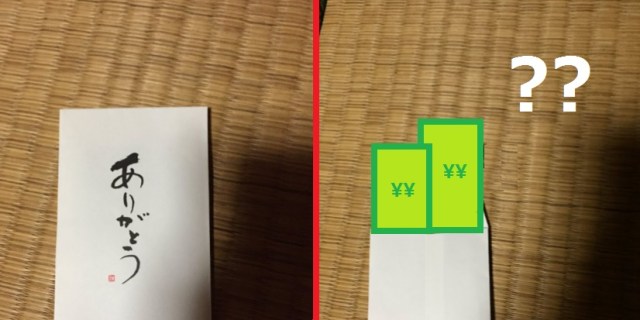
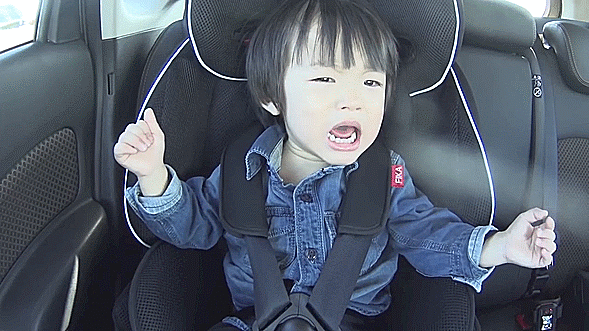
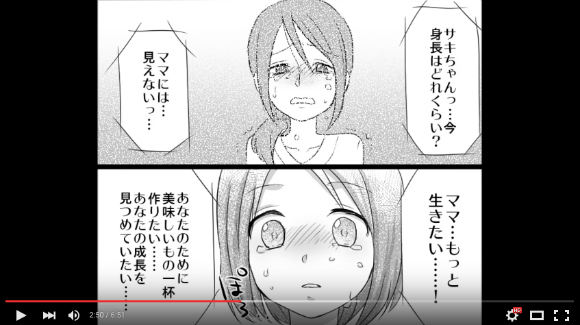
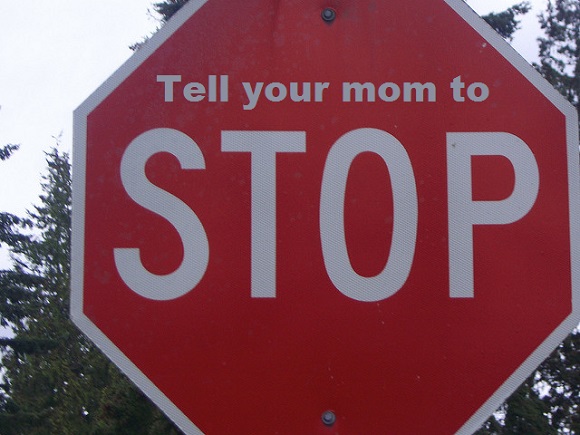
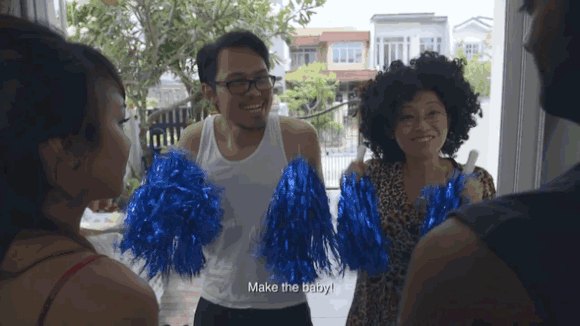
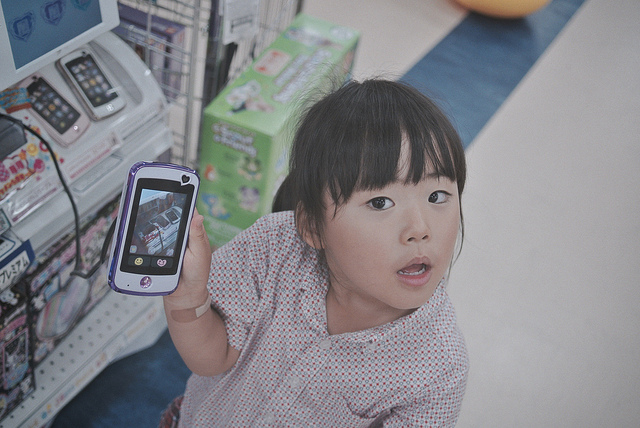
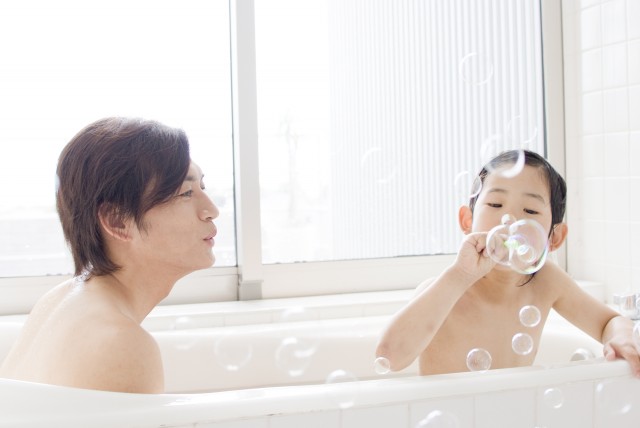

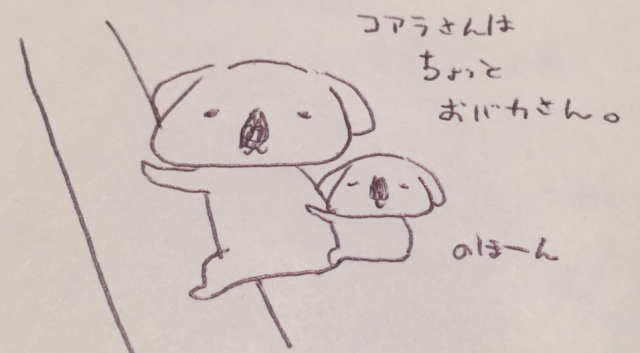
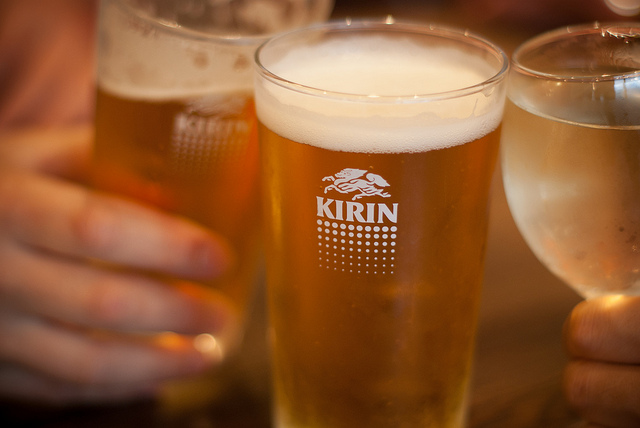
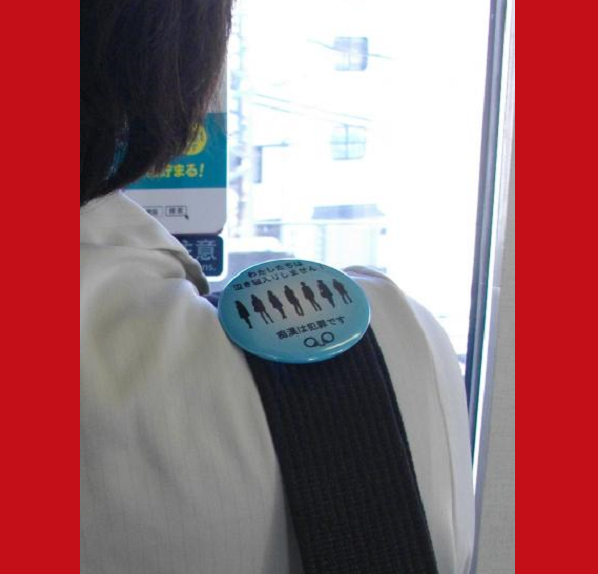
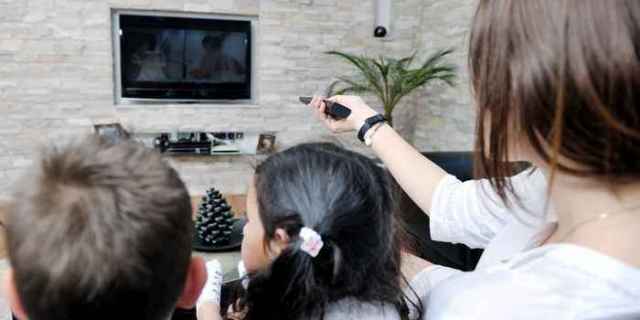
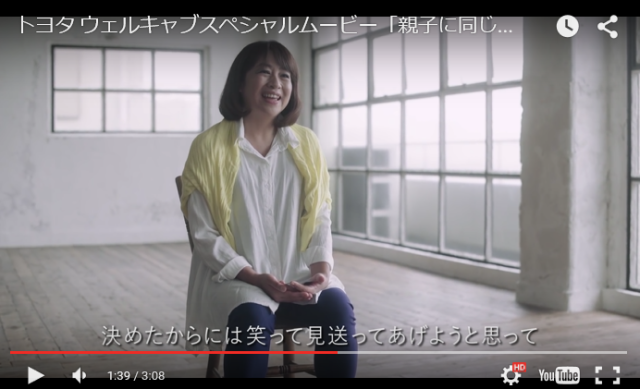
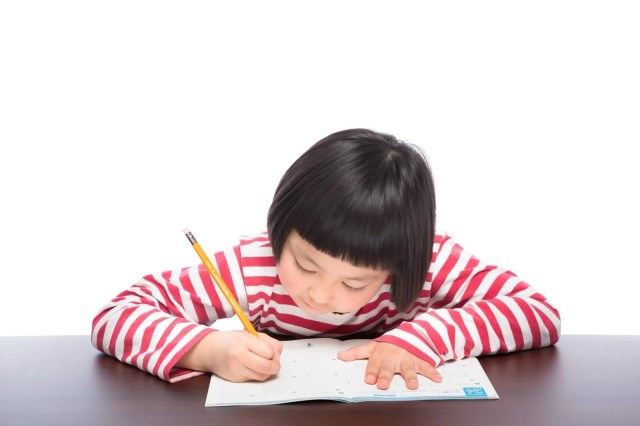


 Japan’s newest Shinkansen has no seats…or passengers [Video]
Japan’s newest Shinkansen has no seats…or passengers [Video] Foreigners accounting for over 80 percent of off-course skiers needing rescue in Japan’s Hokkaido
Foreigners accounting for over 80 percent of off-course skiers needing rescue in Japan’s Hokkaido Is a snow day the perfect day to beat the crowds at a popular ramen restaurant? [Experiment]
Is a snow day the perfect day to beat the crowds at a popular ramen restaurant? [Experiment] Starbucks Japan unveils new sakura Frappuccino for cherry blossom season 2026
Starbucks Japan unveils new sakura Frappuccino for cherry blossom season 2026 Japanese man gets drunk and falls asleep on Tokyo streets, then gets robbed by foreign national
Japanese man gets drunk and falls asleep on Tokyo streets, then gets robbed by foreign national Squat toilets’ popularity fading as parents call for them to be abolished in Japanese schools
Squat toilets’ popularity fading as parents call for them to be abolished in Japanese schools 420 million yen in cash-filled suitcases stolen on Tokyo streets, incidents at Haneda and Hong Kong follow
420 million yen in cash-filled suitcases stolen on Tokyo streets, incidents at Haneda and Hong Kong follow A look back on 40 years of Japanese schools banning stuff
A look back on 40 years of Japanese schools banning stuff Man arrested in Japan after leaving car in coin parking lot for six years, racking up three-million-yen bill
Man arrested in Japan after leaving car in coin parking lot for six years, racking up three-million-yen bill And now, we eat a bear paw we bought in Japan’s Chiba Prefecture【Taste test】
And now, we eat a bear paw we bought in Japan’s Chiba Prefecture【Taste test】 Is China’s don’t-go-to-Japan warning affecting the lines at a popular Tokyo gyukatsu restaurant?
Is China’s don’t-go-to-Japan warning affecting the lines at a popular Tokyo gyukatsu restaurant? Three beautiful places to see Japan’s plum blossoms after starting your day in downtown Tokyo
Three beautiful places to see Japan’s plum blossoms after starting your day in downtown Tokyo Downloads of 39-year-old Guns N’ Roses song increase 12,166 percent thanks to Gundam
Downloads of 39-year-old Guns N’ Roses song increase 12,166 percent thanks to Gundam New Family Mart cinema opens inside Japanese airport
New Family Mart cinema opens inside Japanese airport Take a trip to Japan’s Dododo Land, the most irritating place on Earth
Take a trip to Japan’s Dododo Land, the most irritating place on Earth Huge Evangelion Unit-01 head appearing in lights in Japan to celebrate anime’s 30th anniversary
Huge Evangelion Unit-01 head appearing in lights in Japan to celebrate anime’s 30th anniversary Starbucks Japan releases new drinkware and goods for Valentine’s Day
Starbucks Japan releases new drinkware and goods for Valentine’s Day Japan releases first official sakura cherry blossom forecast for 2026
Japan releases first official sakura cherry blossom forecast for 2026 Archfiend Hello Kitty appears as Sanrio launches new team-up with Yu-Gi-Oh【Pics】
Archfiend Hello Kitty appears as Sanrio launches new team-up with Yu-Gi-Oh【Pics】 China’s don’t-go-to-Japan warning looks to be affecting tourist crowds on Miyajima
China’s don’t-go-to-Japan warning looks to be affecting tourist crowds on Miyajima Studio Ghibli releases new “komorebi” plush toys from Princess Mononoke and Spirited Away
Studio Ghibli releases new “komorebi” plush toys from Princess Mononoke and Spirited Away Yokai are descending upon Tokyo this spring in the latest immersive art experience
Yokai are descending upon Tokyo this spring in the latest immersive art experience Japan’s Naruto theme park now offering real-world version of Minato’s kunai ninja weapon
Japan’s Naruto theme park now offering real-world version of Minato’s kunai ninja weapon Survey asks foreign tourists what bothered them in Japan, more than half gave same answer
Survey asks foreign tourists what bothered them in Japan, more than half gave same answer Japan’s human washing machines will go on sale to general public, demos to be held in Tokyo
Japan’s human washing machines will go on sale to general public, demos to be held in Tokyo We deeply regret going into this tunnel on our walk in the mountains of Japan
We deeply regret going into this tunnel on our walk in the mountains of Japan Studio Ghibli releases Kodama forest spirits from Princess Mononoke to light up your home
Studio Ghibli releases Kodama forest spirits from Princess Mononoke to light up your home Major Japanese hotel chain says reservations via overseas booking sites may not be valid
Major Japanese hotel chain says reservations via overseas booking sites may not be valid Put sesame oil in your coffee? Japanese maker says it’s the best way to start your day【Taste test】
Put sesame oil in your coffee? Japanese maker says it’s the best way to start your day【Taste test】 No more using real katana for tourism activities, Japan’s National Police Agency says
No more using real katana for tourism activities, Japan’s National Police Agency says Starbucks Japan reveals new sakura drinkware collection, inspired by evening cherry blossoms
Starbucks Japan reveals new sakura drinkware collection, inspired by evening cherry blossoms Squat toilets’ popularity fading as parents call for them to be abolished in Japanese schools
Squat toilets’ popularity fading as parents call for them to be abolished in Japanese schools 420 million yen in cash-filled suitcases stolen on Tokyo streets, incidents at Haneda and Hong Kong follow
420 million yen in cash-filled suitcases stolen on Tokyo streets, incidents at Haneda and Hong Kong follow A look back on 40 years of Japanese schools banning stuff
A look back on 40 years of Japanese schools banning stuff Man arrested in Japan after leaving car in coin parking lot for six years, racking up three-million-yen bill
Man arrested in Japan after leaving car in coin parking lot for six years, racking up three-million-yen bill And now, we eat a bear paw we bought in Japan’s Chiba Prefecture【Taste test】
And now, we eat a bear paw we bought in Japan’s Chiba Prefecture【Taste test】 Testing Japan’s fluffy mayonnaise pancake cooking hack【SoraKitchen】
Testing Japan’s fluffy mayonnaise pancake cooking hack【SoraKitchen】 Japanese farming simulator rewards players with actual crops delivered to their door
Japanese farming simulator rewards players with actual crops delivered to their door Ghost in the Sheel goes traditional with Japanese porcelain Tachikoma robots, only 50 to be made
Ghost in the Sheel goes traditional with Japanese porcelain Tachikoma robots, only 50 to be made McDonald’s Japan hack: What happens when you put an apple pie inside a Big Mac?
McDonald’s Japan hack: What happens when you put an apple pie inside a Big Mac? Where’s the very best seat to sit in on Japan’s Shinkansen? Our expert has an answer
Where’s the very best seat to sit in on Japan’s Shinkansen? Our expert has an answer This Year of the Rabbit, visit some of the best Japanese sightseeing spots related to rabbits
This Year of the Rabbit, visit some of the best Japanese sightseeing spots related to rabbits New Family Mart cinema opens inside Japanese airport
New Family Mart cinema opens inside Japanese airport Japan’s job-quitting service claims bosses contact it to try to make their employees quit
Japan’s job-quitting service claims bosses contact it to try to make their employees quit